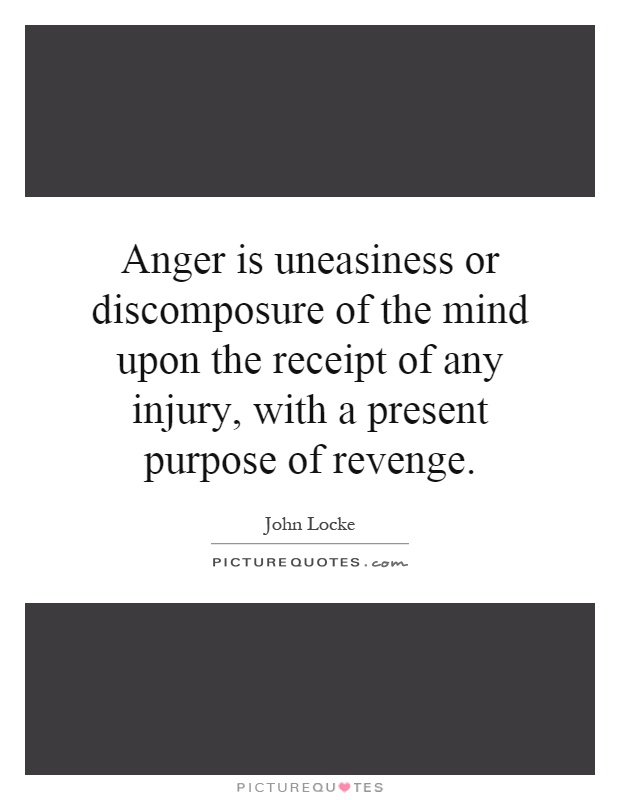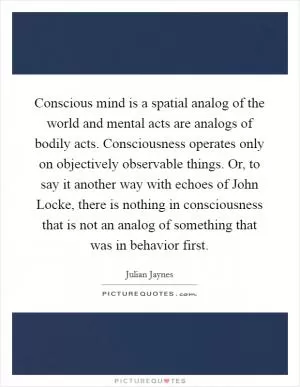Anger is uneasiness or discomposure of the mind upon the receipt of any injury, with a present purpose of revenge

Anger is uneasiness or discomposure of the mind upon the receipt of any injury, with a present purpose of revenge
John Locke, a prominent English philosopher of the 17th century, is known for his contributions to the fields of political theory, epistemology, and philosophy of mind. In his work, Locke delves into the nature of human emotions, including anger. According to Locke, anger is defined as "uneasiness or discomposure of the mind upon the receipt of any injury, with a present purpose of revenge." This definition sheds light on the complex nature of anger and its role in human behavior.Locke believed that anger is a natural response to perceived injustices or injuries. When an individual feels wronged or harmed in some way, they experience a sense of uneasiness or discomposure in their mind. This feeling of anger is a powerful emotion that can drive individuals to seek revenge or retribution against those who have wronged them. Locke argues that this desire for revenge is a fundamental aspect of human nature, rooted in our innate sense of justice and fairness.
However, Locke also recognized the dangers of unchecked anger. He believed that while anger may be a natural response to injustice, it can also lead to irrational behavior and conflict. In his view, individuals must learn to control their anger and channel it in productive ways. Locke emphasized the importance of reason and rationality in dealing with anger, arguing that individuals should strive to resolve conflicts through peaceful means rather than resorting to violence or revenge.
Locke's insights into the nature of anger have important implications for understanding human behavior and society. By recognizing the role of anger in shaping our responses to injustice, we can better understand the motivations behind individual actions and societal conflicts. Locke's emphasis on reason and rationality as tools for managing anger also provides valuable guidance for navigating interpersonal relationships and resolving disputes in a constructive manner.












 Friendship Quotes
Friendship Quotes Love Quotes
Love Quotes Life Quotes
Life Quotes Funny Quotes
Funny Quotes Motivational Quotes
Motivational Quotes Inspirational Quotes
Inspirational Quotes